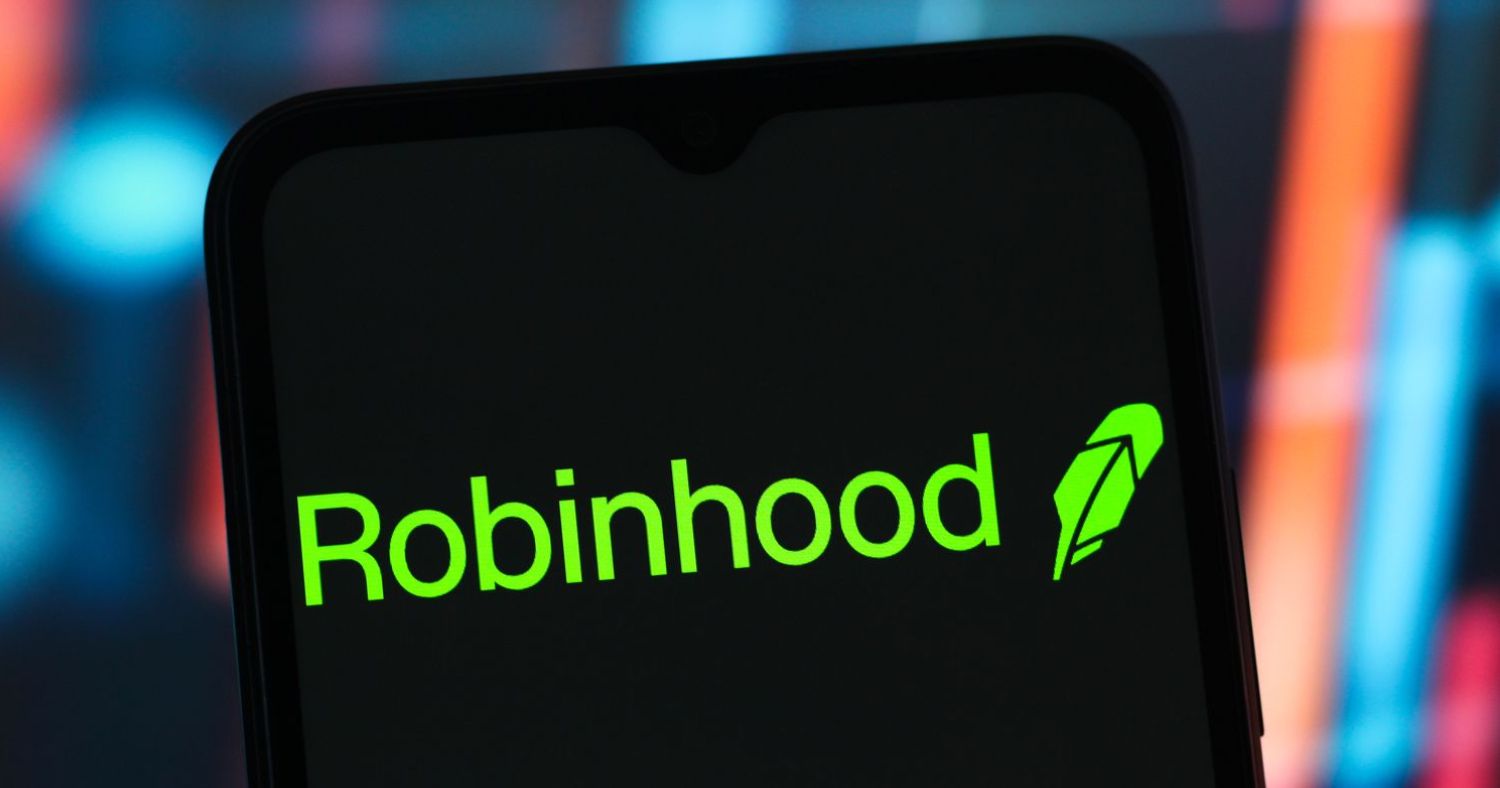In a significant move to deepen its foothold in the digital asset space, popular trading platform Robinhood has officially launched staking services for Ethereum (ETH) and Solana (SOL) in the United States. The new feature allows millions of its users to earn passive rewards on their crypto holdings, transforming their investment from a static asset into a yield-generating one.
This development signals a strategic pivot for Robinhood, moving beyond simple trading to offer more sophisticated crypto-native features. By enabling staking, the company is directly competing with established cryptocurrency exchanges like Coinbase and Kraken, aiming to retain and attract users looking for more than just buying and selling.
Earning Made Simple: How Staking Works on Robinhood
Staking can often seem complex, but Robinhood has streamlined the process for its retail-focused audience. In essence, staking involves locking up cryptocurrency holdings to help secure and validate transactions on a blockchain network. In return for this contribution, the network provides rewards, similar to how a bank pays interest on a savings account.
Robinhood handles the technical complexities behind the scenes, allowing users to stake their ETH and SOL with just a few taps. This removes the barrier to entry for many who might be intimidated by the process of running their own validator nodes or navigating decentralized finance (DeFi) protocols. The platform will periodically distribute the earned rewards back to the users’ accounts, providing a steady stream of passive income.
Staking is now available for U.S. customers.
— Robinhood (@RobinhoodApp) July 10, 2025
Stake ETH and SOL on Robinhood Crypto with as little as $1 of crypto. pic.twitter.com/sD5l2rRPxN
Why Ethereum and Solana?
The choice of Ethereum and Solana is a calculated one. Ethereum, as the second-largest cryptocurrency, successfully transitioned to a Proof-of-Stake (PoS) consensus mechanism in 2022, making staking central to its ecosystem. Its vast network and developer activity make it a primary choice for investors.
Solana, known for its high-speed and low-cost transactions, has also emerged as a top platform for staking and DeFi applications. By offering both, Robinhood caters to a broad spectrum of the crypto market, from the established giant to the high-performance challenger.
The Bigger Picture: Impact on the Crypto Market
Robinhood’s entry into staking is more than just a new feature; it’s a potential catalyst for wider adoption. With its massive user base, the platform could significantly increase the amount of ETH and SOL being staked, which in turn enhances the security and decentralization of both networks.
For the average investor, this move legitimizes staking as a core component of a crypto investment strategy. It shifts the perception of cryptocurrencies from purely speculative assets to productive ones that can generate sustainable yield, a narrative that is crucial for the industry’s long-term growth. As Robinhood continues to build out its crypto offerings, the line between traditional finance and the digital asset economy becomes increasingly blurred.





